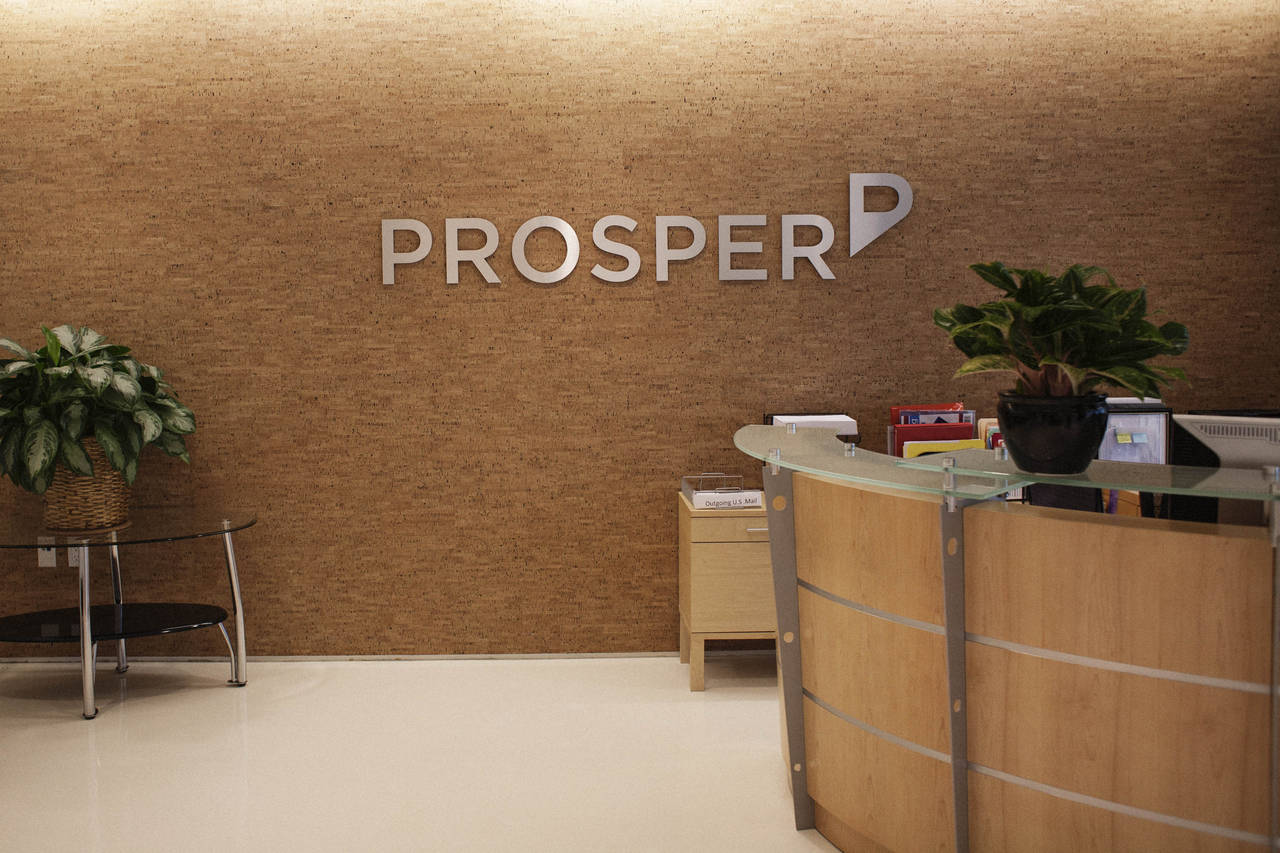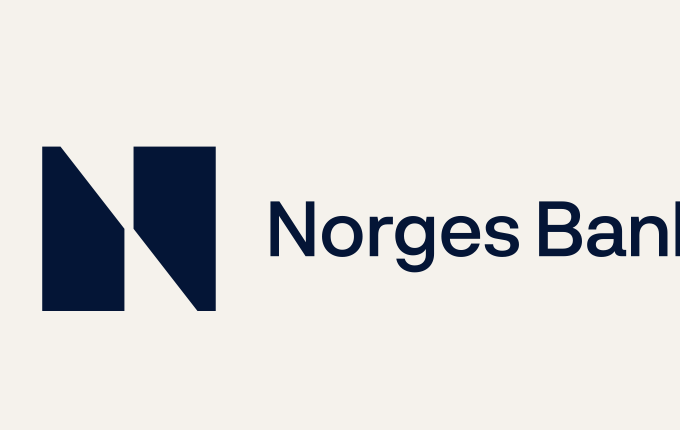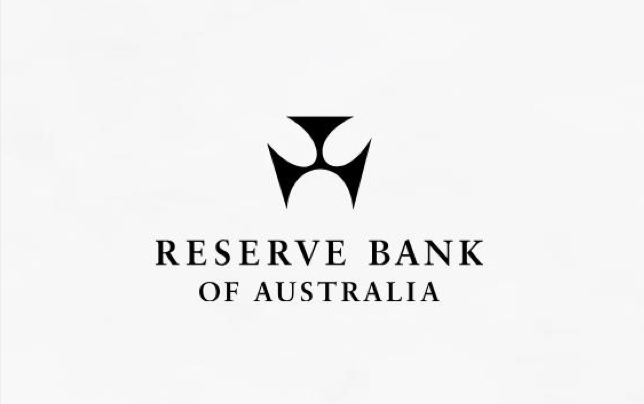
Fintech Lenders Dial Back Marketing in Response to Softer Investor Demand
By PETER RUDEGEAIR and TELIS DEMOS for Wall Street Journal
Online lenders are scaling back efforts to attract new borrowers, as these upstarts contend with pressures from quality control to regulation that could dent their revenue growth.
Prosper Marketplace Inc., which owns one of the largest online loan marketplaces, as well as consumer lenders Marlette Funding LLC and Avant Inc. and mortgage specialist LoanDepot Inc., are all trying to slow down new loan volume, according to executives and data reviewed by The Wall Street Journal.
It is a big shift for these rapidly growing financial technology companies, some of which don’t lend themselves but instead match borrowers with investors who effectively fund loans by buying them.
For the past few years, the biggest challenge for these so-called fintech lenders was finding enough borrowers to match surging demand from investors. Now, the investors have grown more discerning, flipping the dynamic.
Many investors were “purchasing these assets somewhat blithely without regard for the potential risks,” saysJoshua Rand, chief operating officer of Petra Partners, which launched its first credit fund to invest in the sector in 2013 but recently stopped buying from certain lenders. “There has been a fair amount of lemming-like behavior,” he adds.
Any slowdown in the industry’s rapid growth rate is being watched both by rival banking giants and venture capitalists who invested billions of dollars in the sector. “It’s a reality check,” says Rob Stavis,a partner at Bessemer Venture Partners who focuses on fintech firms.
Loan investor and the lending outfits share the same concerns—that loans will sour more quickly than expected and that regulation that could hamper the fledgling industry.
At Avant, the number of loan offers it sent to customers through the mail fell by nearly two-thirds, from 4.6 million to 1.7 million, between December and February, according to Mintel Comperemedia, a database that tracks advertising trends. The Chicago-based lender says its lending still grew in the first quarter, but at a slower rate than it did last year.
At San Francisco-based Prosper, loan offers sent by mail fell by19%, from 41.4 million to 33.6 million, over the same period, according to Mintel.
Ratings firm Moody’s Investors Service in February revised its earlier forecast for loan losses on a package, or securitization, of Prosper loans being sold by Citigroup Inc., moving it from as low as 8% of the original balance to 12% and warning of a possible downgrade.
Investors are demanding higher yields. Buyers in a bond offering based on Prosper loans last month demanded yields as much as 5 percentage points higher than a similar deal late last year.
With the growing skepticism, lenders are redoubling efforts to find new buyers for loans. Avant recently hired Raj Vora, most recently an executive director at UBS Group AG, and gave him responsibility over the company’s rollout of new in-house funds that will hold Avant loans.
Prosper says it is also planning to launch a new passively managed fund for investors that want to invest in baskets of its loans. The fund is expected to launch in the second quarter. Social Finance Inc., or SoFi, a student and personal lending firm, created a similar fund earlier this year.
Others are simply slowing down their businesses. Loan volume at Marlette Funding LLC, a lender of unsecured consumer loans based in Wilmington, Del., fell 21% from the third quarter of last year to the fourth and was on pace to decline again in the first quarter, according to Kroll Bond Rating Agency.
Marlette Chief Executive Jeffrey Meiler said in an email that company’s pullback wasn’t related to investor demand, but to trying to manage the quality of its loans. He added that Marlette will make more loans in the second quarter than it did in the first.
LoanDepot, based in Foothill Ranch, Calif., launched a consumer personal-loan business to complement its mortgage focus last year, but has since de-emphasized that push. “The market is soft, so we’ve taken the appropriate steps to reduce the overall volume to match the demand from investors,” says LoanDepot Chief Financial OfficerBryan Sullivan.
While many online lenders are still privately held, one publicly traded lender focused on small businesses, OnDeck Capital Inc., said in February that its revenue growth would be slower this year than analysts had previously expected. Its shares have fallen 30% so far in 2016.
Many analysts have forecast online lending to reach $100 billion or more in annual loans by 2020 from zero a decade ago. Last year, online lenders originated $37 billion, according to Autonomous Research.
The volume of securitizations—or loan packages—backed by online loans slowed sharply since the start of the year. In the first quarter, $1.5 billion worth of online loan pools were sold, down 21% from the $1.9 billion sold in the fourth quarter of 2015, according to PeerIQ, a lending data tracker.
First appeared in Wall Street Journal





